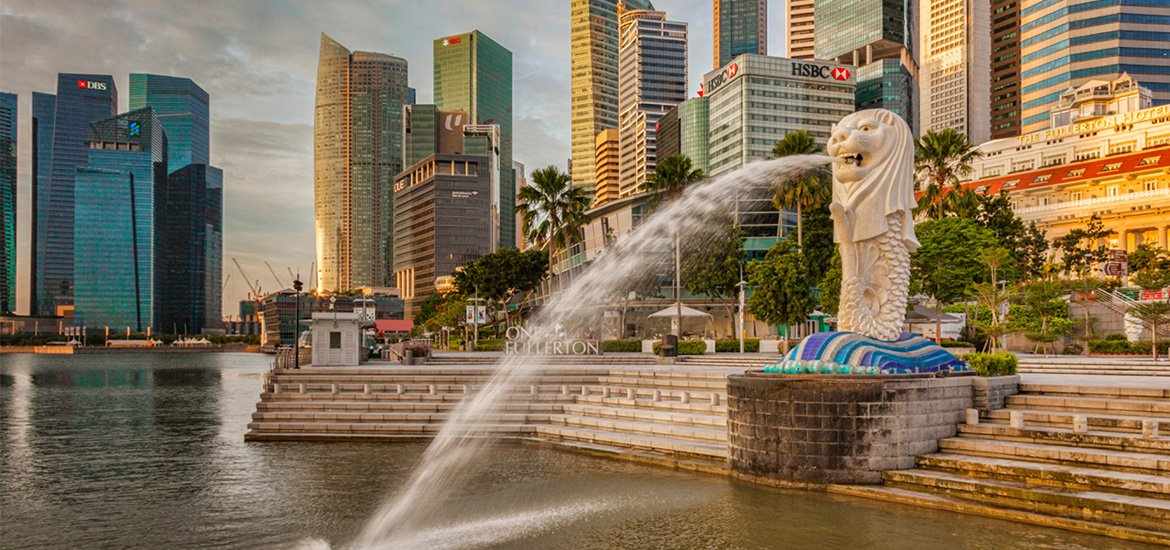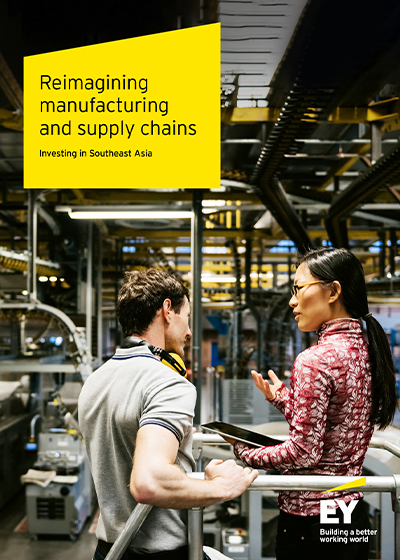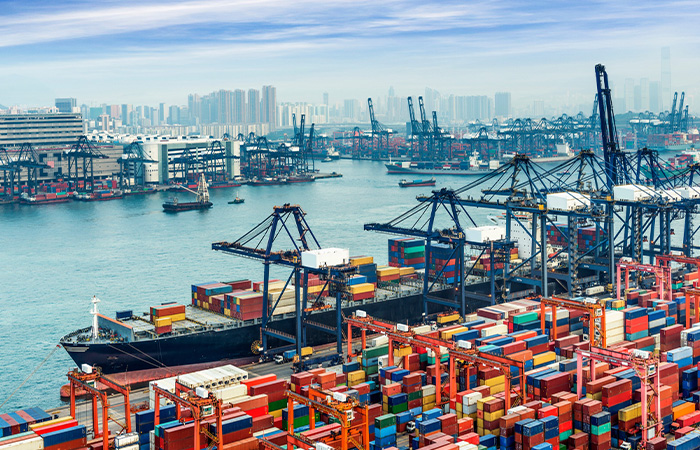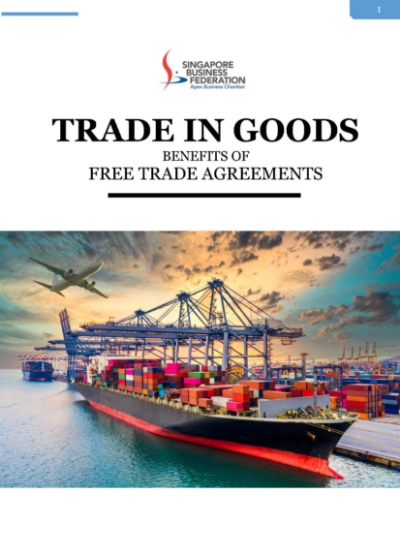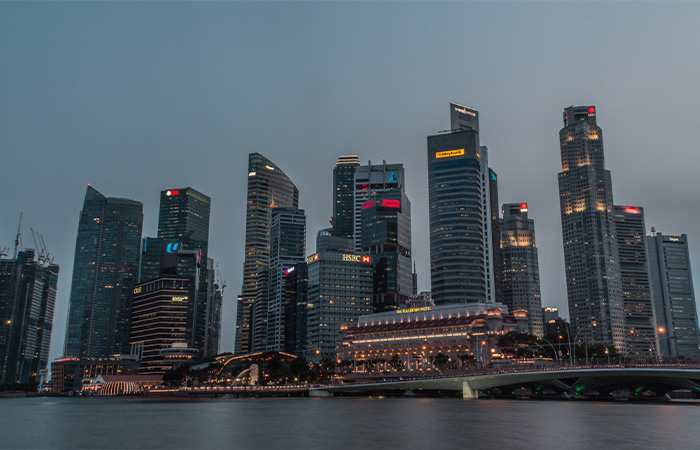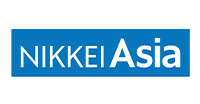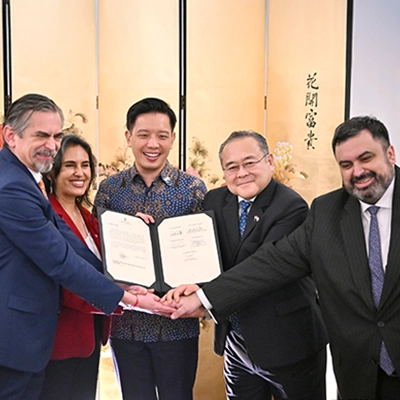Singapore will "significantly enhance" its airport and seaport capacity to remain a key economic node as competition for investments and talent intensifies in Asia, Deputy Prime Minister Lawrence Wong told Nikkei Asia in a written interview.
The heir apparent to Prime Minister Lee Hsien Loong noted that the international competition for investments "will get tougher," stressing the city-state will double down on its strengths as an open economy.
"We will significantly enhance our airport and seaport capacity, so that we remain a key node in global logistics and supply chains," Wong said. "We will also continue to stay open as a business hub, so that people and talent from all over the world can come to Singapore, and we can form the best teams to compete with the rest of the world."
Wong was writing before his official visit this week to Tokyo, where he will deliver a keynote speech at the 28th Future of Asia forum, Nikkei's flagship annual conference, which will start Thursday.
In the wide-ranging interview, covering global issues, digital innovation and his role as new leader, Wong said a rules-based multilateral trading system "remains critical" in the face of global supply chain disruptions.
